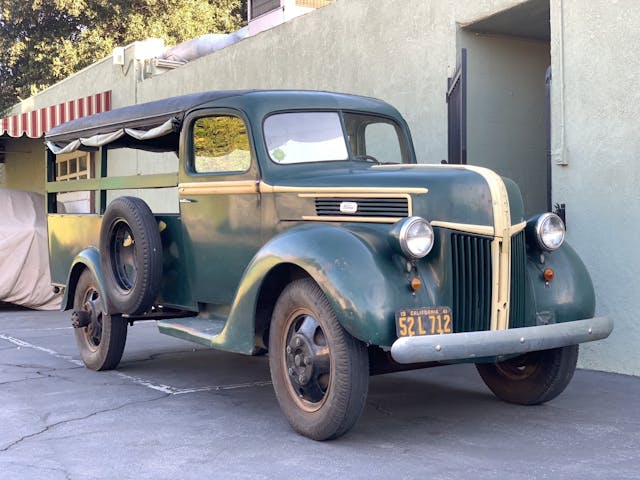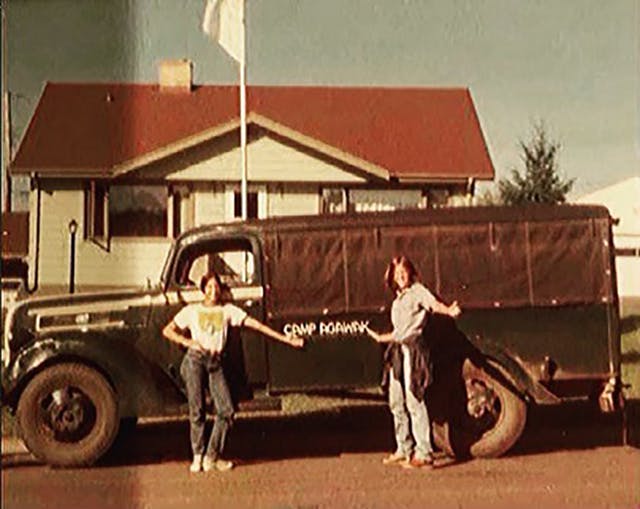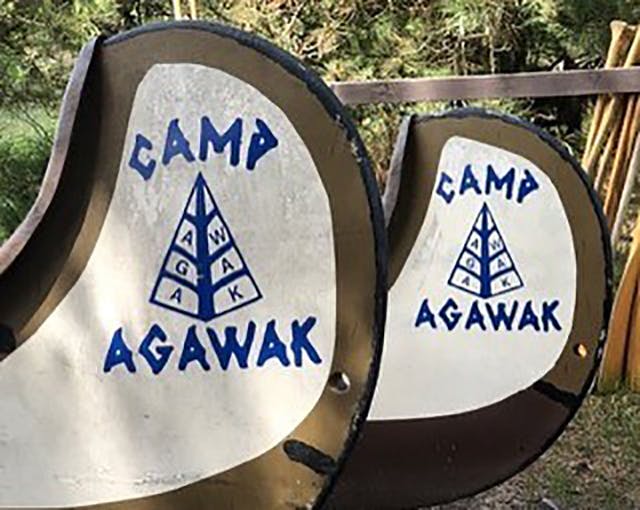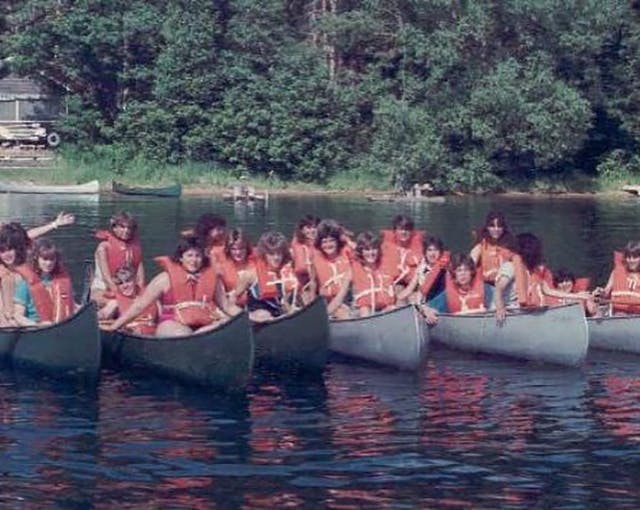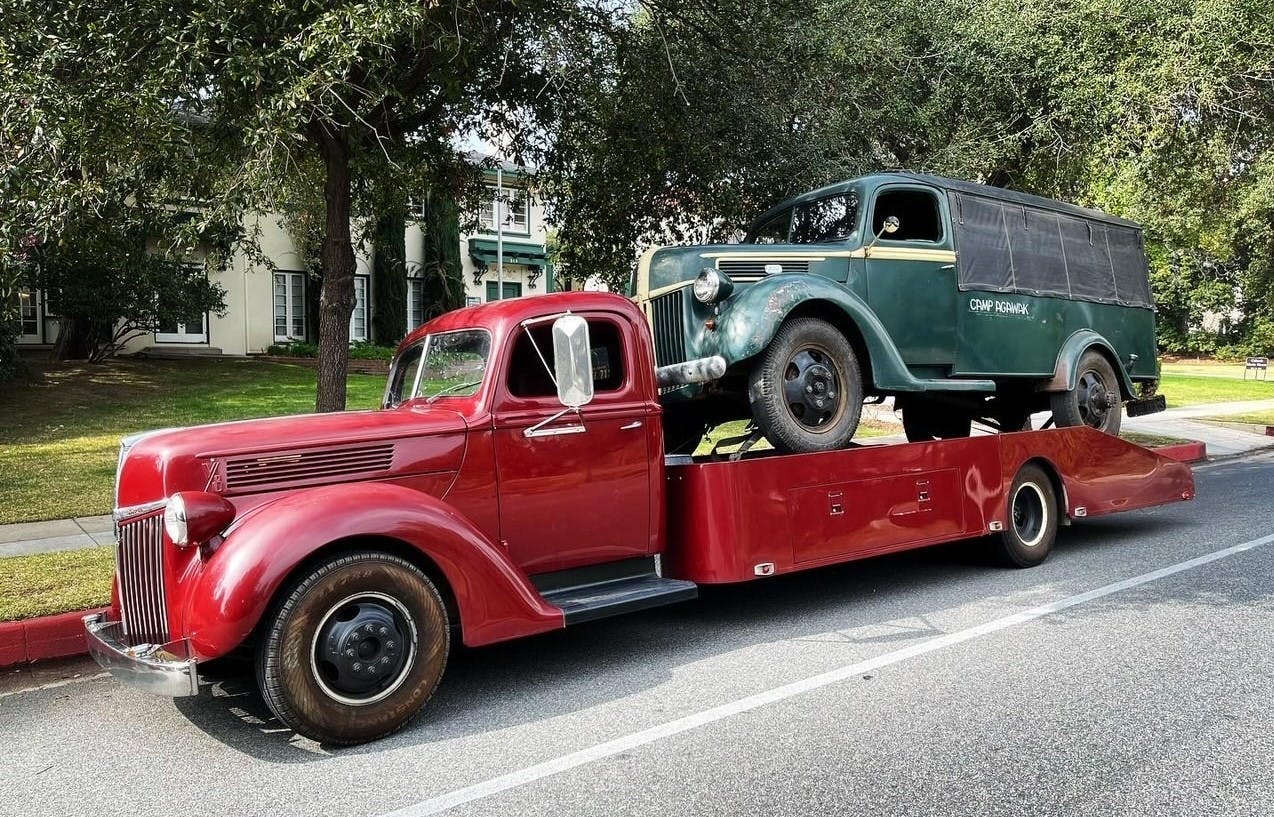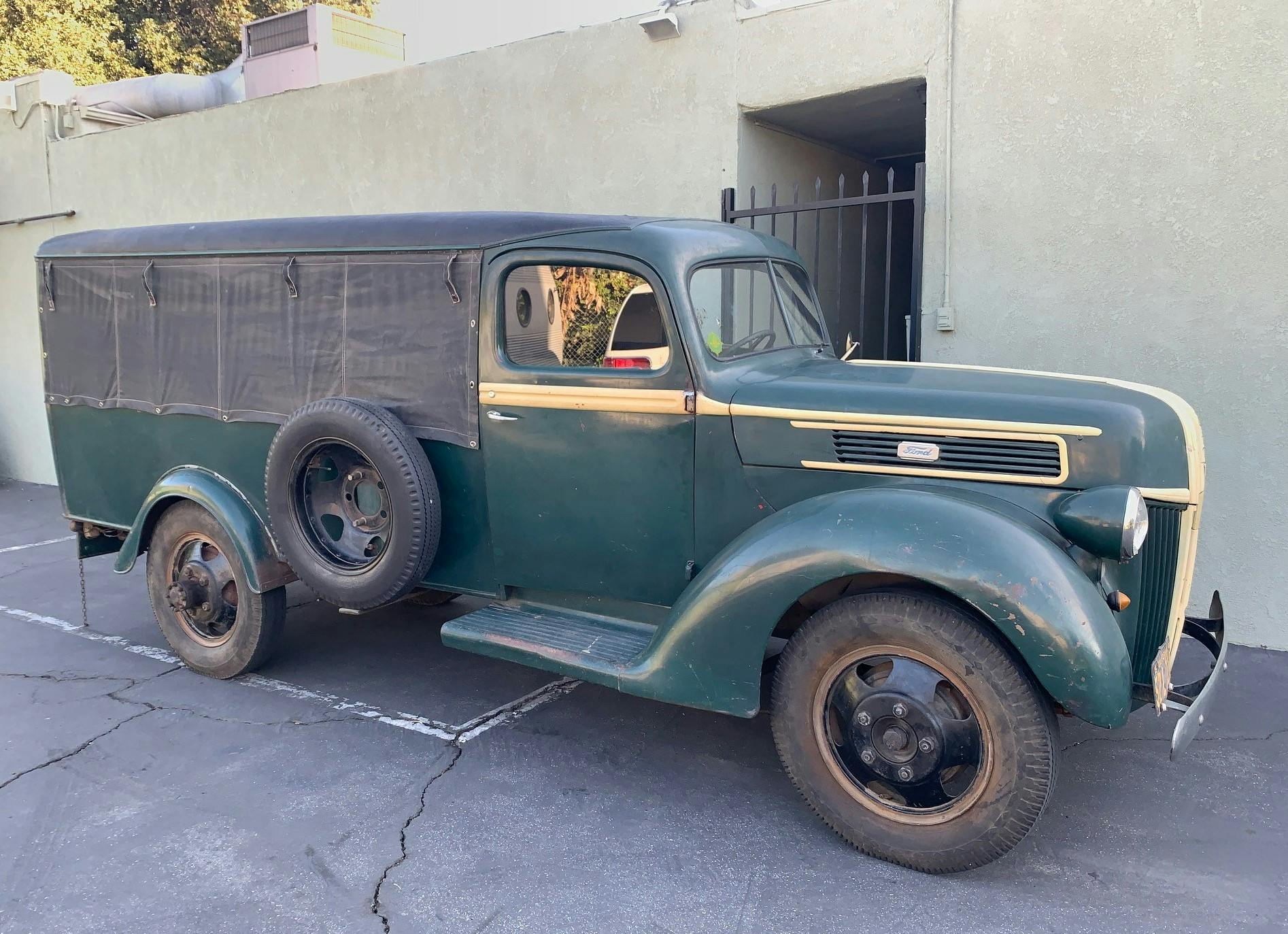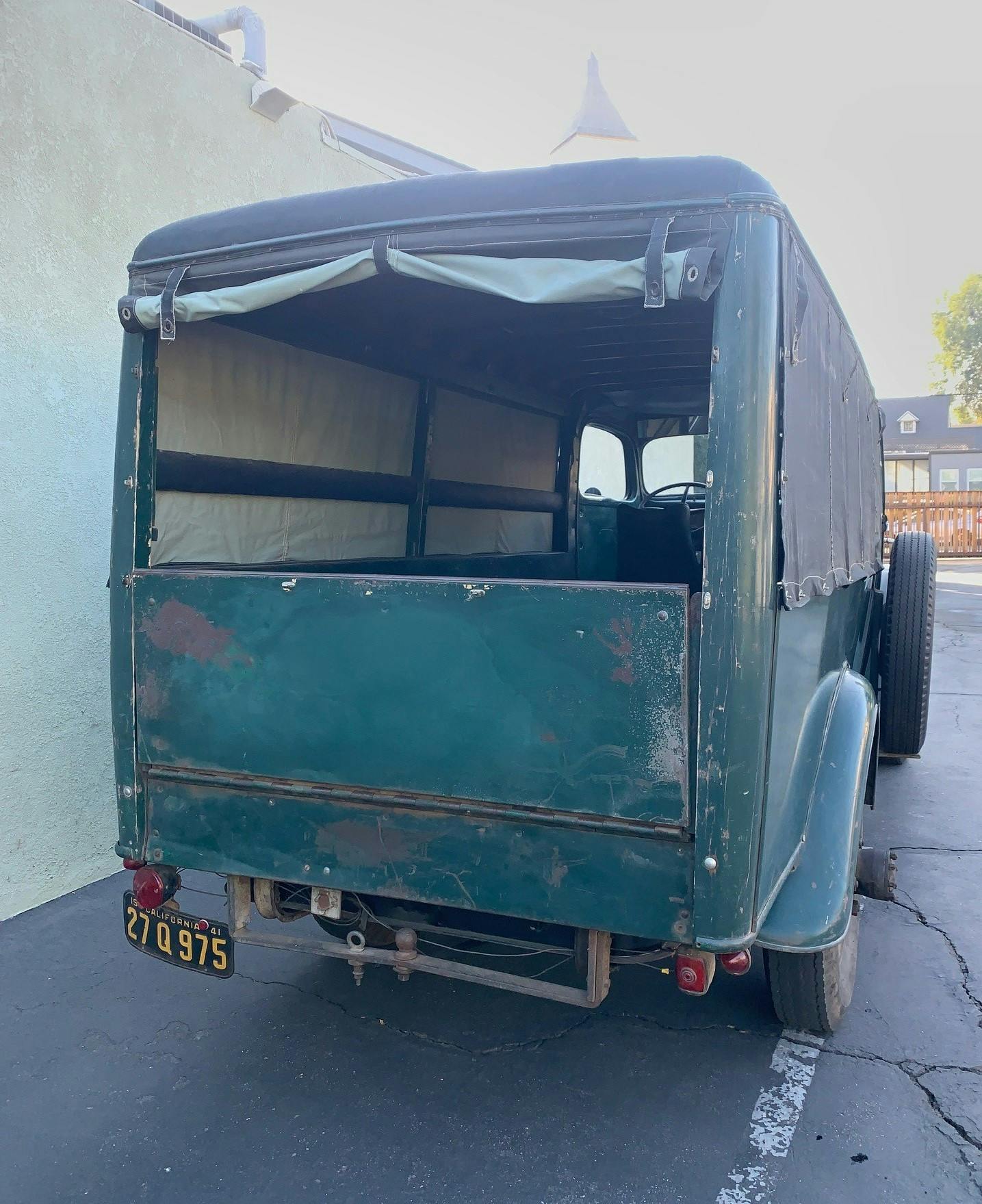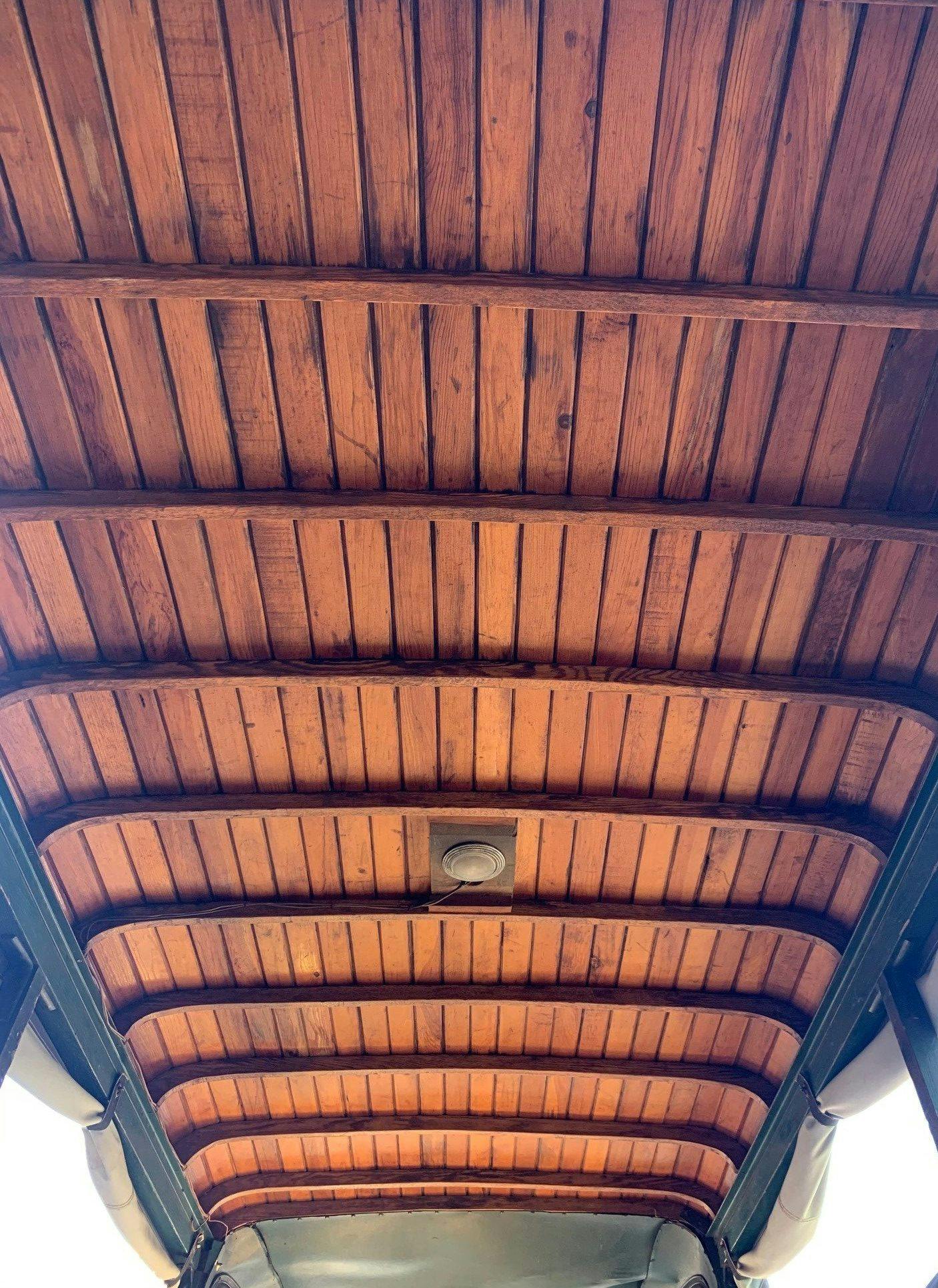This 1941 Ford truck proves you can go home again, or at least back to camp
On a pristine lake in northwest Wisconsin, a rustic all-girls youth camp sits in quiet anticipation, patiently awaiting the start of its 100th summer. The silence won’t last much longer, however. There’s much to do at Camp Agawak before its young residents arrive in June, and the annual prep work is a welcomed distraction for owner and director Mary Fried. She has a lot on her mind these days, and she’s eager for this year’s camp to begin, especially after the COVID-19 pandemic wiped out last year’s activities.
Camp Agawak, an institution in tiny Minocqua for a century, is both joyful and introspective, a place where girls from all over the country come not only to swim and canoe and laugh and play but also to learn and grow into confident young women. Fried, who purchased the camp in 1989, is looking forward to celebrating Agawak’s 100th birthday this summer, even though a reunion event open to the public has already been postponed until 2022.
Tough as this past year has been, it wasn’t without a major, unexpected victory. For 32 years Fried has been searching for one of the camp’s most famous residents, and through a miraculous set of circumstances, what was lost has been found. Camp Agawak’s beloved 1941 Ford 1.5-ton Transport Truck will soon return home, to the 260-acre camp on beautiful Blue Lake—right where it belongs.
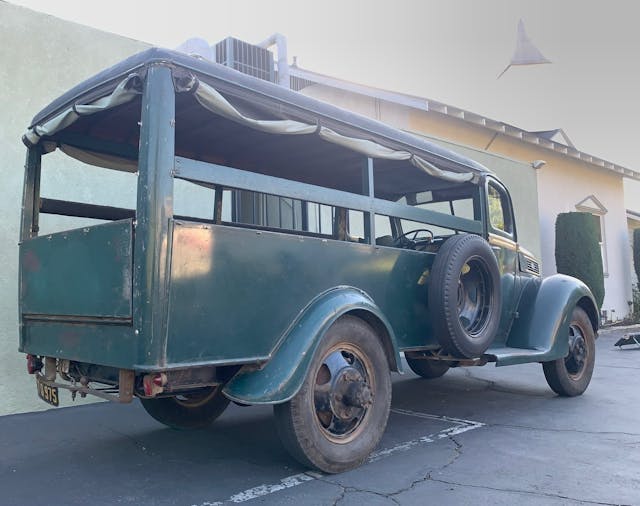
“I’m so energized by this, you have no idea,” Fried says. “I thought it was gone, never to be seen again. But all the stars aligned. It was meant to be.”
When Fried and her first husband bought Agawak in ’89, the camp wasn’t exactly in great shape. “It needed a lot of TLC,” she admits. Already stretched by the purchase, the two needed to raise cash for repairs, so they decided to sell off some of the camp’s non-essentials. One of those, it was decided, was the truck, which everyone called the “Open Air.”
“He wanted to sell it; I wanted to keep it,” Fried says. “In the end, we sold it for $1000. I was obviously sad about it, but we needed the money.”

Fried thought about the truck often through the years, and as the camp grew she even made inquiries about it, hoping that maybe it had remained in Wisconsin and she might be able to buy it back. No luck.
“I’d go through old photos, and there were lots of pictures of the truck,” Fried says. “Our former campers would always talk about the ‘Open Air.’ The counselors took it camping, hauled canoes, and they’d transport the girls back and forth to the lake.”
About 15 years ago, Fried decided to add “some history to the walls” of Camp Agawak, and one of the photos she chose was a black-and-white image of several girls climbing out of the truck, canoe paddles in hand. She enlarged the photo and hung it above “the slide” in the cafeteria, where the campers grab a tray for their meals. So every camper saw the photo three times a day.

“After a while, since I couldn’t find the truck, I had to kind of let go of that dream,” Fried says. “That’s why that photo meant so much.”
She had no idea the impact it would have on others …
Bobby Green had never heard of Camp Agawak—he lives 2200 miles from Minocqua—but he loves history and knows a thing or two about automobiles. Thankfully, so does his friend Robbie Wolfe. Whenever Wolfe finds something cool that he thinks Green might like—and Wolfe sees a lot of cool stuff on American Pickers—he reaches out.
“Robbie sent me a picture, and I immediately said, ‘Let’s do a trade with the guy,’” says Green, who owns Old Crow Speed Shop in Burbank, California, and recently uncovered a rare Porsche 550 Spyder (also an unbelievable story). “I traded him a Harley to get it.”

Greens says the truck is a time capsule. “Everything is original; everything works. I didn’t change a thing beyond general maintenance stuff. The odometer showed 10,000 miles when I got it—I guess it could have been 110,000, but I doubt it because the camp mainly used it to take the girls down to the lake and back.
“I kept it in our shop and used it to pick up my friends and go out to eat, but I really didn’t drive it enough. I thought, ‘I’m running out of space, and I don’t enjoy it as much as I should, so …’”
After three years of ownership, Green decided to list the truck on Bring A Trailer. That’s when that black-and-white photo on the wall at Camp Agawak paid huge dividends.
“One morning I got a text and a link from one of my campers, Annabelle, who lives in Los Angeles,” Fried recalls. “She wrote, ‘I think this is the truck in the picture above the slide …’ I freaked out. I flew out of bed and called Old Crow Speed Shop, but I had to leave a message to ‘Please call me right away!’”
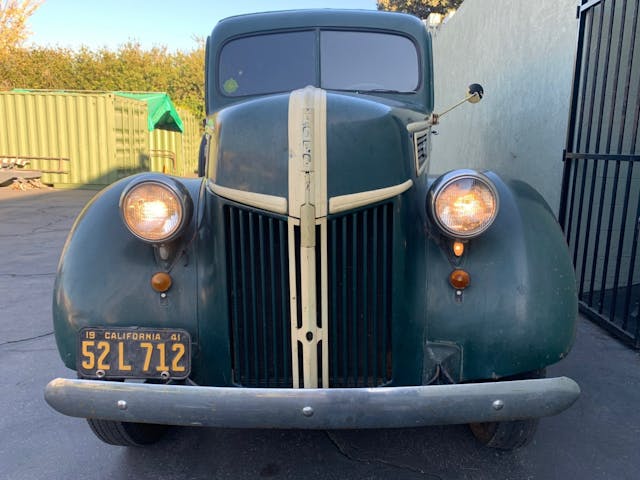
How in the world did Annabelle find the truck? Actually, it found her—through her brother, Henry, a car buff who enjoys checking Bring A Trailer’s rolling roster of old cars. Henry saw “Camp Agawak” on the side of the truck, and since he had heard so many stories about the camp from his sister, he immediately recognized it.
Fried kept an eye on the auction, impatiently waiting to hear back from Green. “When I called her back, she was so excited she was hyperventilating … ‘Oh, my God! I can hardly breathe right now! We never should have sold that truck! We’ve always wanted it back, but we didn’t know where it went!’”
Fried begged Green to sell it back to her—and “I would have loved to, but since the auction was already going, my hands were tied.” He told her she’d have to win it.
Fried’s husband, Bill Fuhrmann, encouraged her to go for it, and it just so happened that Mary already had some unexpected funds to put towards it. “When we had to cancel the camp last summer, we gave families the opportunity to receive a refund or roll over what they’d paid and use it in 2021,” Fried says. “One family that rolled over their payment also sent money for this summer. They said, ‘Use last year’s (money) however you see fit.’” Empowered, Fried and Fuhrmann prepared to pay the balance, whatever it might be.

As the auction wound down on March 26, “I thought I was going to throw up,” Fried says, “and then we fired off a bid at the last minute.” It turned out to be the winning one: $28,000. Fried screamed, “WE GOT IT!” The 1941 Ford “Open Air” was coming home.
Camp Agawak’s Facebook page lit up with congratulatory messages from excited campers and alumni, many looking forward to seeing the truck for themselves. The camp, which is open to girls who have completed first through 10th grades, welcomes the first of its 150 campers on June 21. Sessions run for four or eight weeks, meaning the last campers will depart on August 11.
“This is a home away from home for these girls,” Fried says. “They not only make lifelong friendships, but they develop the skills to become strong young women.”

Although an official 100th anniversary celebration will have to wait so that elderly alumni can safely attend, Fried says the campers will hold their own party, and the old Ford will be front and center. One of the planned activities is to reenact the photo that was the key to the truck’s return.
Speaking of which, the prodigal pickup is still in California; shipping arrangements are still being finalized. Fried says she won’t breathe easy until the Ford is back at Camp Agawak, safe and sound.
“I’m beyond eager to see it again,” she says.
As for Green, he’s thrilled to have played a role in making the reunion happen. “I love history and great stories. For me, it’s always more about the story than the cars, and this is an incredible story.”
Fried can’t help but think about how it all came together. “I really have Henry to thank for bringing it to Annabelle’s attention,” she says. “I guess if I hadn’t put that photo up, and Annabelle hadn’t seen it every day at camp and talked about it when she got home, Henry wouldn’t have recognized it and told her. It’s mind boggling.
“We’re a family, and this family connection really took care of me. We teach these kids that we should all look out for each other, and this story is the perfect example of that. I couldn’t be more thankful.”
